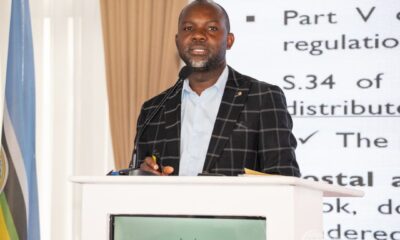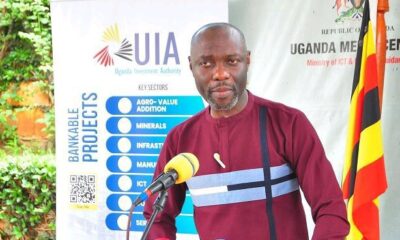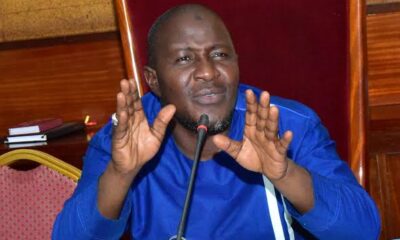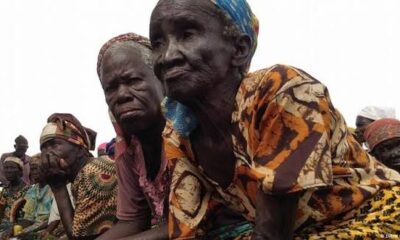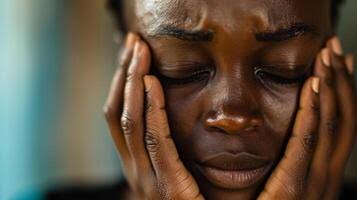News
“I Can Shoot & Kill Kabobi on Kampala Road When Every Ugandan Is Witnessing & Would have No Case” Says Gen Muhoozi

Ugandans are expressing shock and anger after a threatening tweet by General Muhoozi Kainerugaba, the First Son of President Yoweri Museveni and a top military officer. In the tweet, Muhoozi suggested he could shoot and kill opposition leader Robert Kyagulanyi, also known as Bobi Wine, without facing any punishment.

“According to the ancient customs of the Bachwezi, I can shoot and kill Kabobi on Kampala Road in broad light and would have no case,” Muhoozi posted. Many believe “Kabobi” was a direct reference to Bobi Wine, the leader of the National Unity Platform (NUP) and a strong critic of the current government.
The tweet has caused widespread outrage. Many Ugandans, including human rights groups, political analysts, and ordinary citizens, have condemned the message. They say it shows a dangerous level of arrogance and disregard for the law by someone in a powerful position.
“This is not just careless talk; it’s dangerous,” said political analyst Sarah Nakimera. “Ugandans are tired of leaders who speak like they are above the law.”
Legal experts have also raised concerns. Even if Muhoozi was speaking symbolically or referring to ancient traditions, they say such statements from a senior army general are serious and threatening. They warn that this could be seen as inciting violence or intimidating political opponents.
Bobi Wine has been a frequent target of government pressure, including arrests and physical attacks. Many now fear that Muhoozi’s words could lead to more threats against him or others who oppose the current leadership.
So far, the Uganda People’s Defence Forces (UPDF) and the office of President Museveni have not made any official statements about the tweet. The silence has only increased public concern, with many asking why such a serious matter is being ignored.
As the debate continues online and in the media, Ugandans are calling for accountability. They want leaders to respect the law and for strong action to be taken when threats are made—no matter who makes them. For many, this moment is a clear reminder of the dangers of unchecked power and the need to protect democracy and freedom of speech in Uganda.

